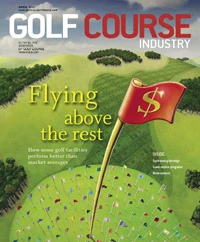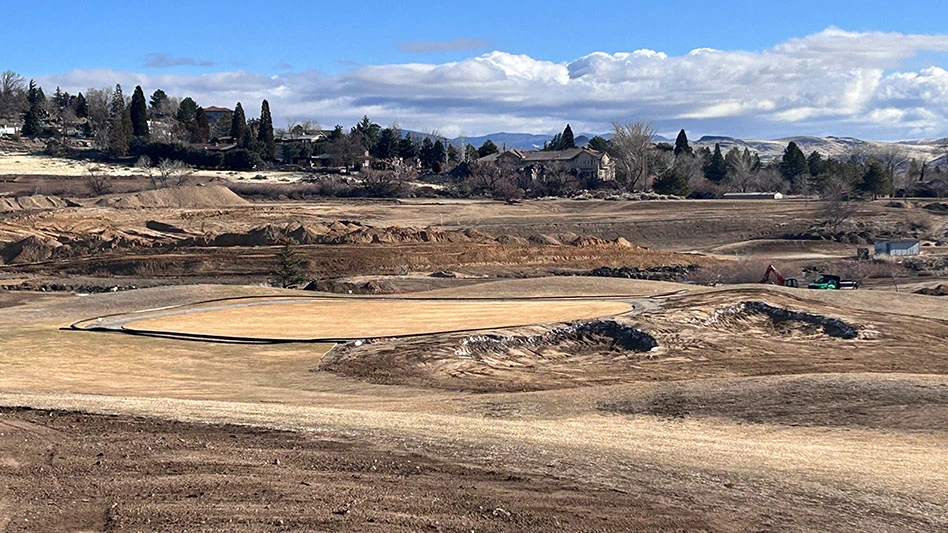Amid ongoing discussions about teamwork and management, one relationship receives less attention than it should – the one between superintendents and equipment technicians. For those lucky enough to have a full-time mechanic, this relationship helps guarantee a maintenance staff produces golf course conditions that keep members, golfers and owners satisfied.
Superintendents clearly know their facilities’ objectives, but how many technicians do? Are they clear to them? Do they see the big picture? If not, what are superintendents doing to bring this into focus?
|
|
Superintendents and technicians need to make sure maintenance staffs promptly communicate equipment issues such as damage, cleanliness, effective operation and safety. At the same time, technicians need to be in the loop about things such as spraying schedules so they know when equipment needs to be ready.
Some technicians might know equipment inside and out but don’t play golf, or the superintendents’ overall objectives haven’t been communicated to them. One suggestion is for technicians to tour the golf courses with their superintendents to gain this understanding. Technicians can see first-hand, for example, exactly when mowers are cutting poorly so they can pull the reels and grind them. Technicians also need to be an integral part of training the crew about equipment to help protect this club asset.
It’s important technicians and superintendents educate each other for smoother-run operations. A couple months ago, John Fulling, CGCS, and technician Henry Heinz of Kalamazoo Country Club in Michigan presented a seminar about this topic in Anaheim, Calif. For example, superintendents want technicians to see the big picture, discuss agronomic practices, become involved with associations, view the fleet as an asset and know the whys of turfgrass maintenance. Superintendents also want technicians to improve by not being too hard on the crew when accidents happen, appear more professional (dress and phone manners), communicate with crews better, take ownership of the shop, understand they’re part of a team, be more organized and manage their time better.
But to achieve these, technicians need more education. A small but growing number of technicians are part of the Turfgrass Equipment Technicians Association, but is there a place for technicians within local superintendent associations? Technicians should broaden their knowledge and know more about course conditioning, political pressure, training and cultural practices.
On the flip side, technicians want superintendents to know about the importance of continuing education in equipment maintenance, the real time and effort needed to maintain a quality fleet, the best training programs for equipment use, parts and supplies needed to justify purchases, and daily challenges they face. Technicians also want superintendents to stick to the schedules they make, understand the real cost of maintaining equipment, support local community colleges that have mechanics classes, let crews know they need to take more ownership and pride when operating equipment to make technicians’ jobs easier, and train crews about equipment.
If superintendents and technicians each work on their areas of improvement, their maintenance operation will become more efficient, which positively impacts the bottom line.
Think about your relationship with your technician. Is it ideal? How can you improve that relationship and the relationship the technician has with the rest of your staff? After all, relationships are everything. Make the most of them.

Explore the April 2007 Issue
Check out more from this issue and find your next story to read.
Latest from Golf Course Industry
- The Cabot Collection announces move into course management
- Carolinas GCSA raises nearly $300,000 for research
- Advanced Turf Solutions’ Scott Lund expands role
- South Carolina’s Tidewater Golf Club completes renovation project
- SePRO to host webinar on plant growth regulators
- Turfco introduces riding applicator
- From the publisher’s pen: The golf guilt trip
- Bob Farren lands Carolinas GCSA highest honor








